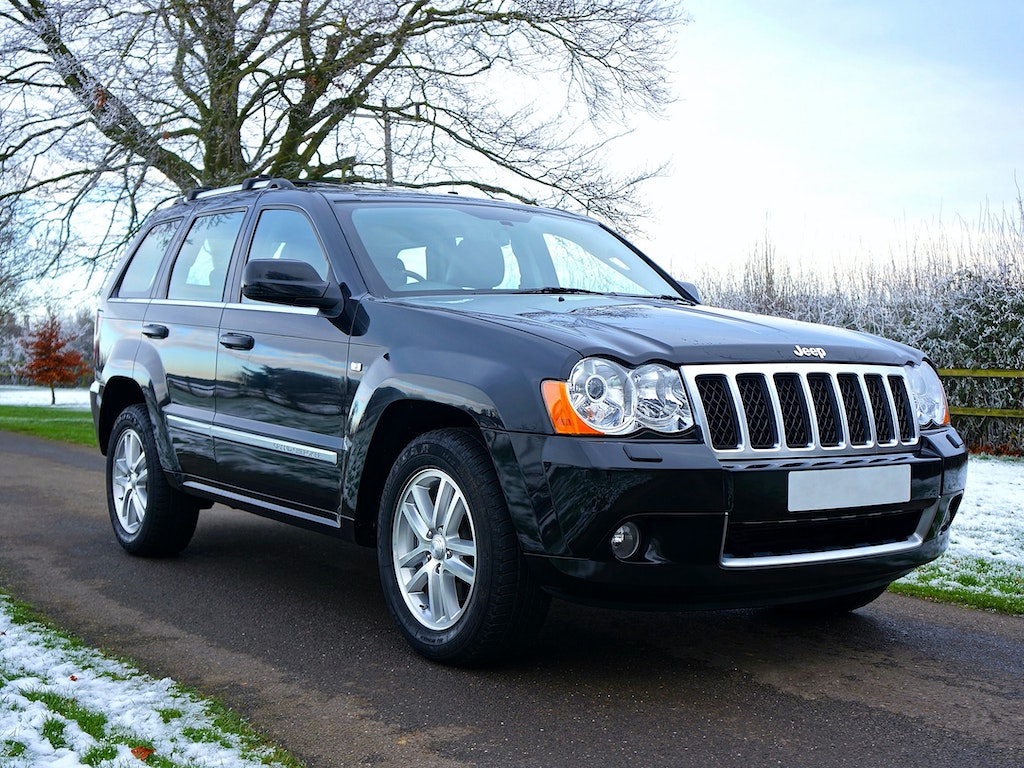
Auto insurance is a crucial investment for car owners, providing protection in case of accidents, theft, or other unforeseen events. However, figuring out auto insurance can be complex, and making mistakes can lead to costly consequences. To ensure you get the right coverage at a reasonable price, it’s important to avoid common auto insurance mistakes. In this article, we will highlight some auto insurance mistakes you need to avoid, helping you make informed decisions and save money in the long run.
Not Shopping Around:
One of the biggest mistakes car owners make is failing to shop around for insurance quotes. Each insurance company has its own pricing structure and coverage options, so getting quotes from multiple providers is essential. Not comparing prices and policies could lead to overpaying for coverage that may be available at a lower rate elsewhere.
Neglecting to Assess Coverage Needs:
Another common mistake is overlooking personal coverage needs. Your coverage requirements may vary depending on factors like your vehicle’s age, value, and usage. Take time to assess your needs and choose coverage based on factors such as liability protection, comprehensive coverage, collision insurance, and uninsured/underinsured motorist coverage, ensuring you have the right level of protection.
Failing to Understand Policy Details:
Many people make the mistake of blindly accepting an insurance policy without fully understanding the details. Every policy has its own terms, conditions, and exclusions. Take the time to study your policy thoroughly, ask questions to your insurance agent or carrier, and clarify any uncertainties. Understanding your policy helps you make knowledgeable decisions and prevents surprises or gaps in coverage down the road.
Submitting Incomplete or Inaccurate Information:
When filling out insurance applications, it’s crucial to provide accurate and complete information. Ensure you provide accurate details about your vehicle, mileage, driving history, and any other relevant information requested by the insurance company. Be transparent and update your provider if there are any changes to your circumstances.
Ignoring Deductible Options:
Choosing a deductible is an important decision that affects your premium. While a higher deductible may lower your premium, it also means you’ll have to pay more out of pocket in the event of a claim. Make sure to weigh the pros and cons of different deductible options before deciding.
Not Reviewing Policies Periodically:
Insurance needs can change over time due to various factors such as vehicle changes, additions to the family, or relocation. Failing to review your policy periodically can result in inadequate coverage or missed savings opportunities. Take the time to reassess your policy annually or when significant life changes occur to ensure you have appropriate coverage in place.











